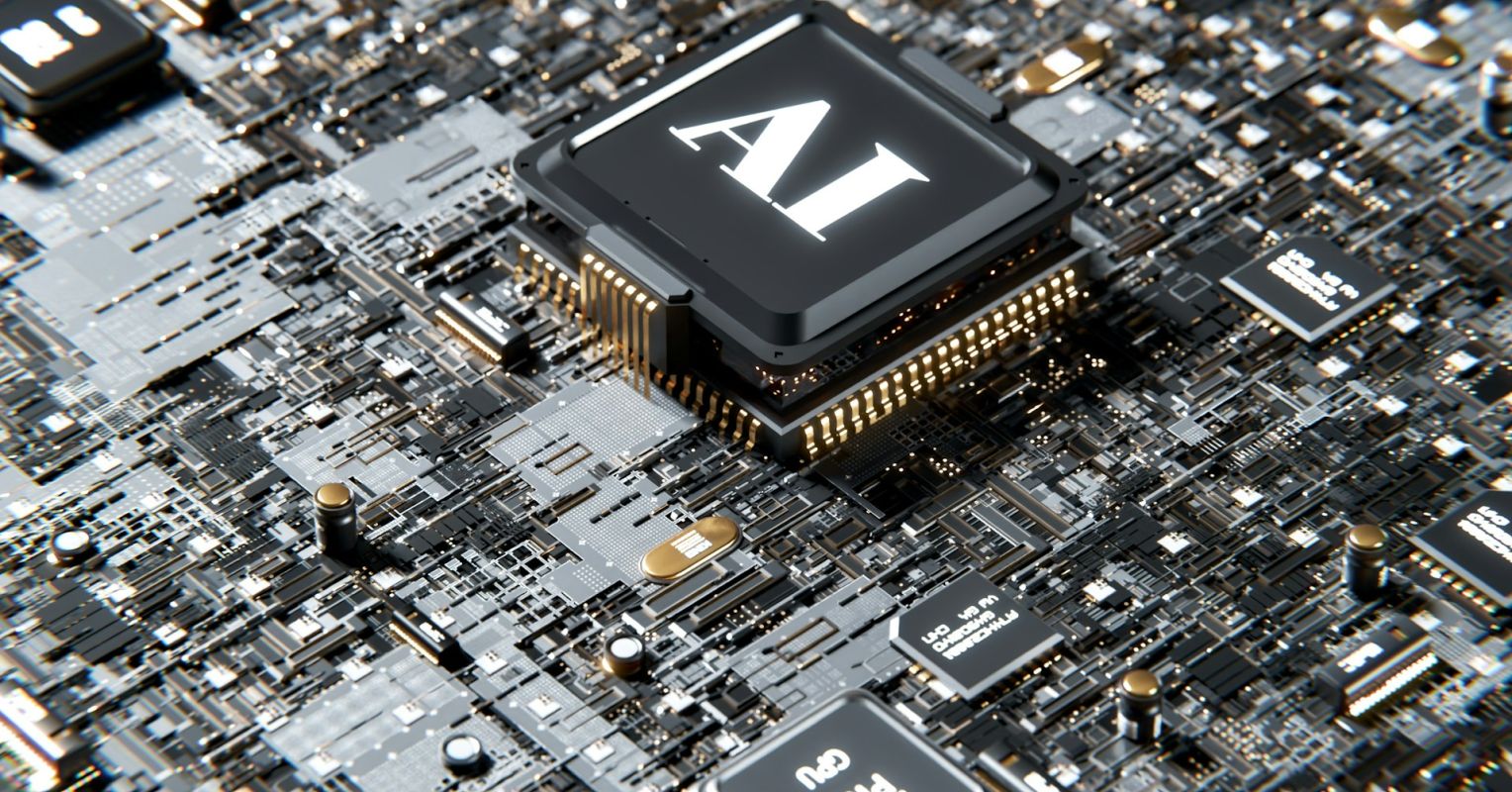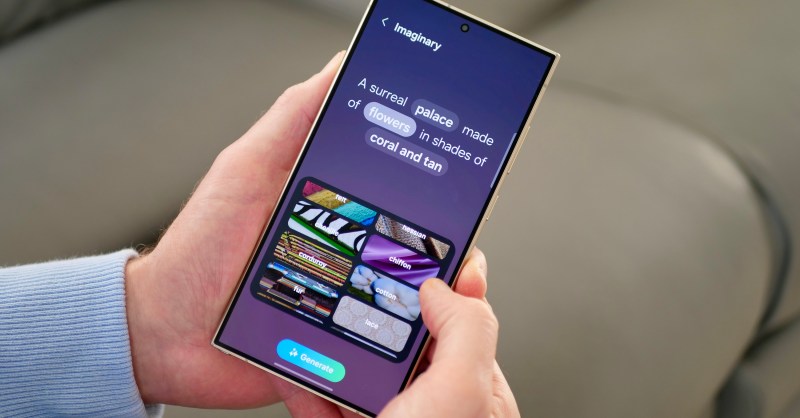Art: DALL-E/OpenAI
As we enter the era of cognitive advancement, we encounter a unique convergence where artificial intelligence (AI) and large language models (LLMs) not only signify improved cognitive abilities but also present a substantial opportunity for self-realization. This narrative goes beyond the typical benefits of efficiency and productivity, delving into the more intricate realms of human potential and happiness.
Embracing Iteration, Cognitive Connection, and the Path to Self-Realization
Throughout history, each epoch has been defined by significant technological progress that has reshaped human existence fundamentally. Transitioning from the industrial age to the information age shifted our focus from manual labor to processing and utilizing data. Today, as we embrace the cognitive era, the emphasis lies not on delegating tasks to machines but on how these cognitive technologies can enhance our inherent capabilities, encouraging us to ignite our creativity and uncover the latent “spark of genius” within us.
At the core of this shift is the ability of AI and LLMs to act as mirrors that reflect our deepest intellectual and creative potentials. Unlike their predecessors, these cognitive tools have the unique ability to interact with us in a profoundly personal and interactive manner, reminiscent of the ancient Socratic dialogues. However, instead of delving into philosophical debates on ethics and morality, these contemporary dialogues take place within the vast expanse of our cognitive and creative landscapes, enriched by the breadth of human knowledge.
Transitioning from Cognitive Enrichment to Emotional Satisfaction
The integration of AI and LLMs into our personal and professional spheres transcends mere intelligence augmentation or task automation; it fosters a new dimension of human-machine synergy that enhances our emotional and intellectual well-being. This collaboration extends beyond information exchange or task completion; it creates an environment where technology acts as a catalyst for personal development and self-discovery.
Consider the potential impact of these technologies on professional satisfaction. A recent study on the role of generative AI in professional environments revealed not only enhanced productivity and output quality but also a significant rise in job fulfillment and self-confidence among participants. This shift towards cognitive empowerment is not just about leveling the playing field in the professional realm; it’s about unlocking a realm where individuals can explore their unique skills and passions, guided by the impartial and remarkably patient nature of AI.
Technology as a Source of Human Inspiration
In this new epoch, technology offers more than just efficiency tools; it presents a source of delight and involvement, aspects often overshadowed by the practical applications of AI. As we navigate the intricacies of contemporary society, the capacity of AI and LLMs to accompany us on intellectual and creative journeys provides a refreshing counterpoint to the sometimes overwhelming nature of modern life.
This partnership with AI encourages us to reassess our bond with technology, viewing it not merely as a means to an end but as a companion in our pursuit of self-realization. In this context, Abraham Maslow’s hierarchy of needs serves as a valuable framework for comprehending the transformative influence of AI. As our fundamental and cognitive needs are increasingly met through technological progress, we are empowered to ascend towards the apex of Maslow’s pyramid: self-realization. In this realm, AI and LLMs may play a crucial role, not by offering solutions but by prompting us to pose more profound questions, explore uncharted territories of intellect and creativity, and ultimately, discover joy in the quest for our fullest potential.
A Call to Embrace Cognitive Progress
The prospect of embracing AI and LLMs as instruments for self-realization is both thrilling and challenging. This journey demands us to discard preconceived notions of technology as a mere task facilitator and see it as a collaborator in our personal and professional growth. Success in this era will not be measured solely by productivity metrics or technological standards but by the depth of our interaction with these tools and the happiness they bring into our lives.










